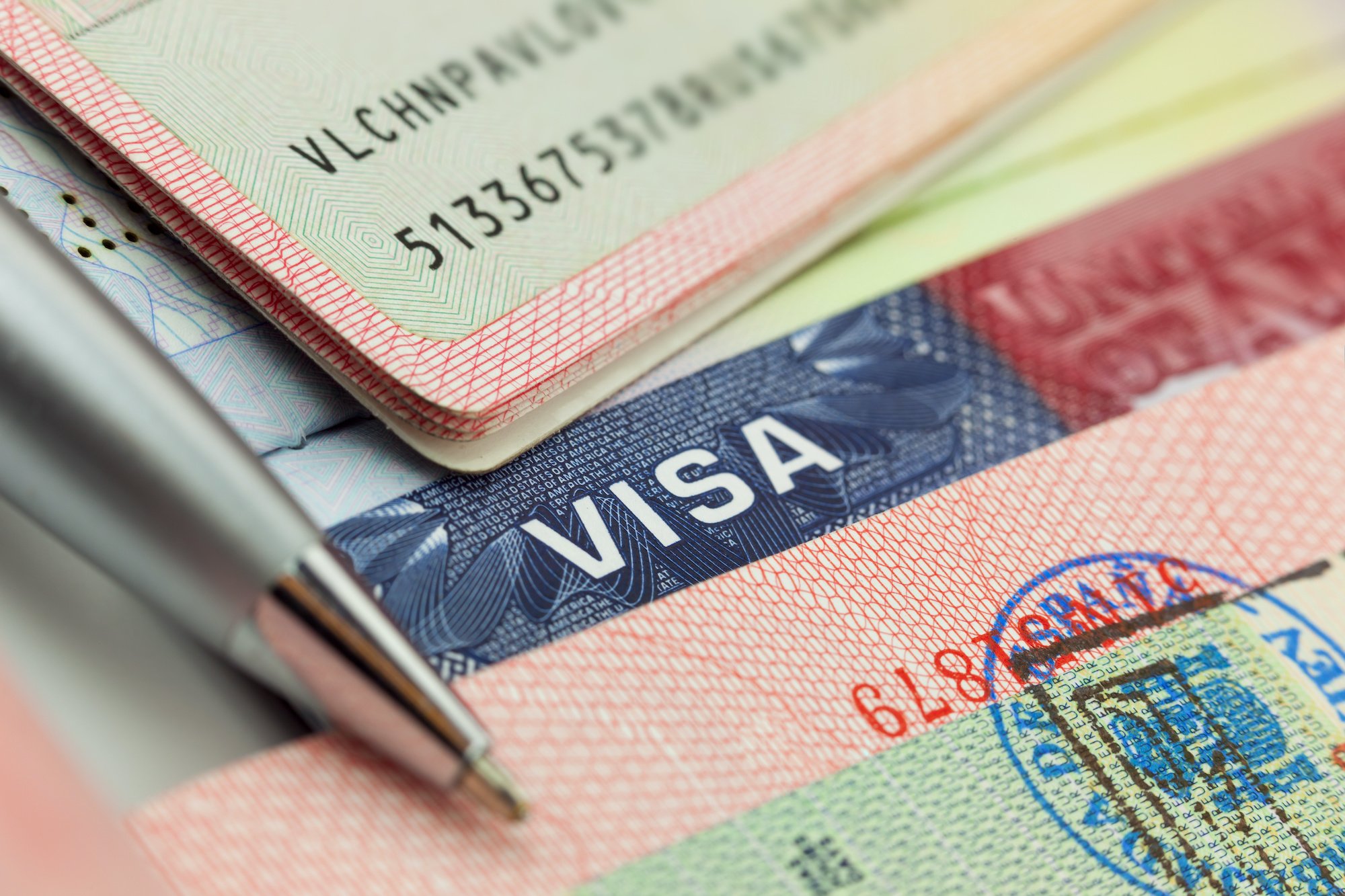An Introduction to Nationality/Treaty-based Work Visas: TN, E-3, and H-1B1
When it comes to finding solutions, our ImLaw attorneys explore all potential visa options for a candidate. For those seeking to come to the U.S. through an employer sponsorship, a nationality/treaty-based work visa may be a good fit. There are three types of work visas reserved for foreign citizens of certain countries:
Canada and Mexico — TN visa
Australia — E-3 visa
Chile and Singapore — H-1B1
In this post, we’ll provide an overview of these nationality-based work visas, who is eligible, and other requirements to keep in mind. Contact ImLaw to learn more about each category and to determine your candidate’s eligibility. Our dedicated immigration attorneys are well-versed in these visa programs and will advise you on next steps for the best possible outcome.
The TN Visa for Qualifying Citizens of Canada and Mexico
U.S. Citizenship and Immigration Services (USCIS) describes the TN visa as follows:
The TN nonimmigrant classification permits qualified Canadian and Mexican citizens to seek temporary entry into the United States to engage in business activities at a professional level (uscis.gov).
The TN visa was first created by the North American Free Trade Agreement (NAFTA) between the United States, Canada, and Mexico. NAFTA, now known as the U.S. Mexico-Canada Agreement (USMCA), enables special economic and trade relationships between these countries for the purpose of benefiting businesses and consumers. The USMCA retained the TN visa, which is targeted mainly toward degreed professionals with a few exceptions.
Requirements for the TN visa include:
The applicant must be a citizen of Canada or Mexico
The offered position falls under one the specified TN occupational categories
The applicant must possess the qualifications to perform the occupation in question
The applicant must have a U.S. employer sponsor for full-time or part-time employment
The TN visa allows for an initial period of up to 3 years with unlimited available extensions in 3-year increments. The occupations most often pursued by ImLaw for clients have included, but are not limited to, engineers, computer systems analysts, scientists, management consultants, physicians, physical therapists, registered nurses, dentists, psychologists, accountants, scientific technicians, and university teachers.
The E-3 Visa for Qualifying Nationals of Australia
The E-3 visa is for Australian nationals who will perform services in a “specialty occupation,” have a U.S. employer sponsor for full-time or part-time employment, and possess the necessary qualifying credentials. USCIS describes the specialty occupation as follows:
The specialty occupation requires theoretical and practical application of a body of highly specialized knowledge and the attainment of a bachelor's or higher degree in the specific specialty, or its equivalent, as a minimum for entry into the occupation in the United States (uscis.gov).
E-3 visas can be approved for up to 2 years’ initial admission and are eligible for extensions in 2-year increments. Unlike its counterpart, the H-1B, the E-3 is not capped at a maximum of 6 years. In fact, there’s no maximum number of years a foreign national can hold E-3 status.
There are 10,500 available E-3 visas per fiscal year. Like the H-1B and H-1B1 (see below) visas, E-3 employers are required to obtain a certified Labor Condition Application (LCA) from the Department of Labor (DOL), create and maintain a Public Access File (PAF), and meet actual or prevailing wage requirements, whichever is higher.
The H-1B1 Visa for Qualifying Nationals of Chile and Singapore
According to the U.S. Department of Labor (DOL),
The H-1B1 program provides for the temporary employment of nonimmigrant aliens in specialty occupations from Chile and Singapore, limited to 1,400 nationals of Chile and 5,400 nationals of Singapore (dol.gov).
The H-1B1 program is governed by many of the rules that apply to the H-1B program. You can learn more about the H-1B visa here on our blog. One benefit of the H-1B1 visa is that the quotas are rarely exceeded, unlike cap-subject H-1B petitions where the 85,000 cap is hit every year. Also unlike the H-1B, the H-1B1 is valid for only 1 year, with two extensions available in 1-year increments. Another benefit of the H-1B1 visa category is that an approved USCIS petition is not required, meaning, a qualified candidate can apply for the H-1B1 visa directly at a U.S. consulate abroad.
Key requirements for employers participating in the H-1B1 program include:
Obtaining a certified Labor Condition Application (LCA), creating and maintaining a Public Access File (PAF), and meeting actual or prevailing wage requirements, whichever is higher.
Paying the petition filing fee if filing a change or extension of status with USCIS OR the visa application fee to a U.S. consulate abroad, along with the required fraud prevention and detection fee.
A full list of requirements for the H-1B1 program can be found here.
Pursuing a nationality/treaty-based work visa requires knowledgeable business immigration counsel to determine a candidate’s eligibility and ensure all required paperwork is completed correctly and in compliance with the law. Submit an inquiry to the ImLaw team here to get started.

